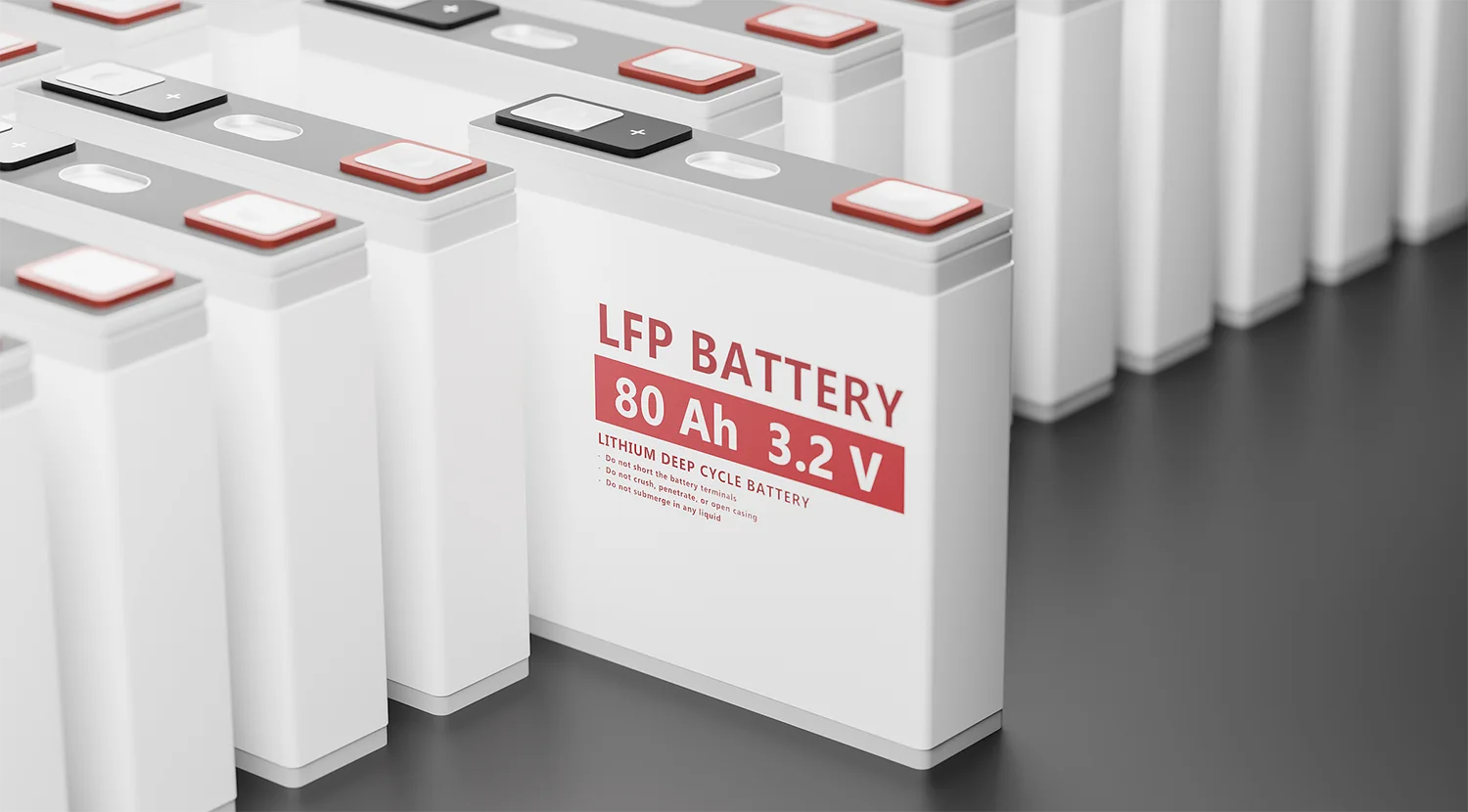The working performance of lithium batteries is greatly affected by temperature, especially in low-temperature environments, where their performance and safety are significantly compromised. This paper will delve into the impact of low temperatures on the performance of lithium batteries and propose corresponding protective measures.

Impact of low temperatures on lithium battery performance
Capacity and energy density
In low-temperature environments, the capacity and energy density of lithium batteries decrease significantly. This is because the viscosity of the electrolyte increases, causing a slowdown in ion conduction speed and reducing the efficiency of lithium-ion transportation in the electrolyte.
Charging and discharging efficiency
Charging efficiency decreases when charging at low temperatures, which may result in incomplete charging. Discharging efficiency is also affected due to reduced ion conduction speed.
Cycle life
Low-temperature charging and discharging have a negative impact on the cycle life of lithium batteries. The decomposition of electrolytes and deposition of lithium metal gradually reduce battery capacity over time while shortening its cycle life.
Safety performance
Under low-temperature conditions, the safety performance of lithium batteries is also affected.The occurrenceof overcharging or over-discharging can trigger thermal runaway events,resulting in high temperatureand pressure that could cause fires or explosions.

Protective measures for low-temperature lithium batteries
1.Heating system
To improvetheefficiencyoflithiumbatteriesinlowtemperatures,aheating systemcan be introduced.Heatingdevicesorthermistorscanbeusedasa means to raisebatterytemperatures effectively.This improvesthe fluidityoftheelectrolyteandenhancesionconductivity.However,the designofaheating systemsrequires precise control oft he temperature to prevent overheatingwhich can damagethebatteries.
2.Optimizing_battery_management_system(BMS)
Optimizingthelithiumbattery’sperformanceina_low_temperature_environmentis critical.BMS allows for the precise control ofthe charging and discharging processes, preventingoverchargingand over-discharging. Additionally, BMS can continuously monitorthe battery temperature toensure thatbattery functions properly in low-temperature conditions.
3.Selectionof_low-temperature_battery_materials
Choosing electrolytes and separator materials that are resistantto low temperatures is an effective way to improve the performance oflithiumbatteries inlow -temperature environments.These materials maintain their fluidityandionconductivityat lower temperatures.However,this requires researchand developmentofnew battery material,s which increasesRRDcoststime.
4.Preheating_the_battery
Preheatingthebatterymeans heatingitbeforeuse.This method effectively raises the battery temperature improvesfluidityof elect rolyte,and enhances ion conductivity. Preheating can be achieved through external heating or by utilizing spontaneous heat generation within thebattery.Care must be taken to avoid excessive preheating times or temperatures as they may damage the battery.
Conclusion
This paper thoroughly exploredth eimpact of lowtemperatureson lithium batteries’performance andrecommendedappropriateprotective measures.To enhance lithium
batteries’performanceandsafetyinlow-temperatureenvironments,theimprovementscanbefocusedonsuch areasasenhancingthetemper ature control system, optimizingbattery management systems(selecting better materials), selectingmaterialsresistanttolowtemperatures,orpre-hea ting domiciliary.
The implementationchoiceo ff suchcountermeasuresw illneedtobemadebasedondetailedconsiderationso fl ral factors including cost,e ffectiveness, and safety.



